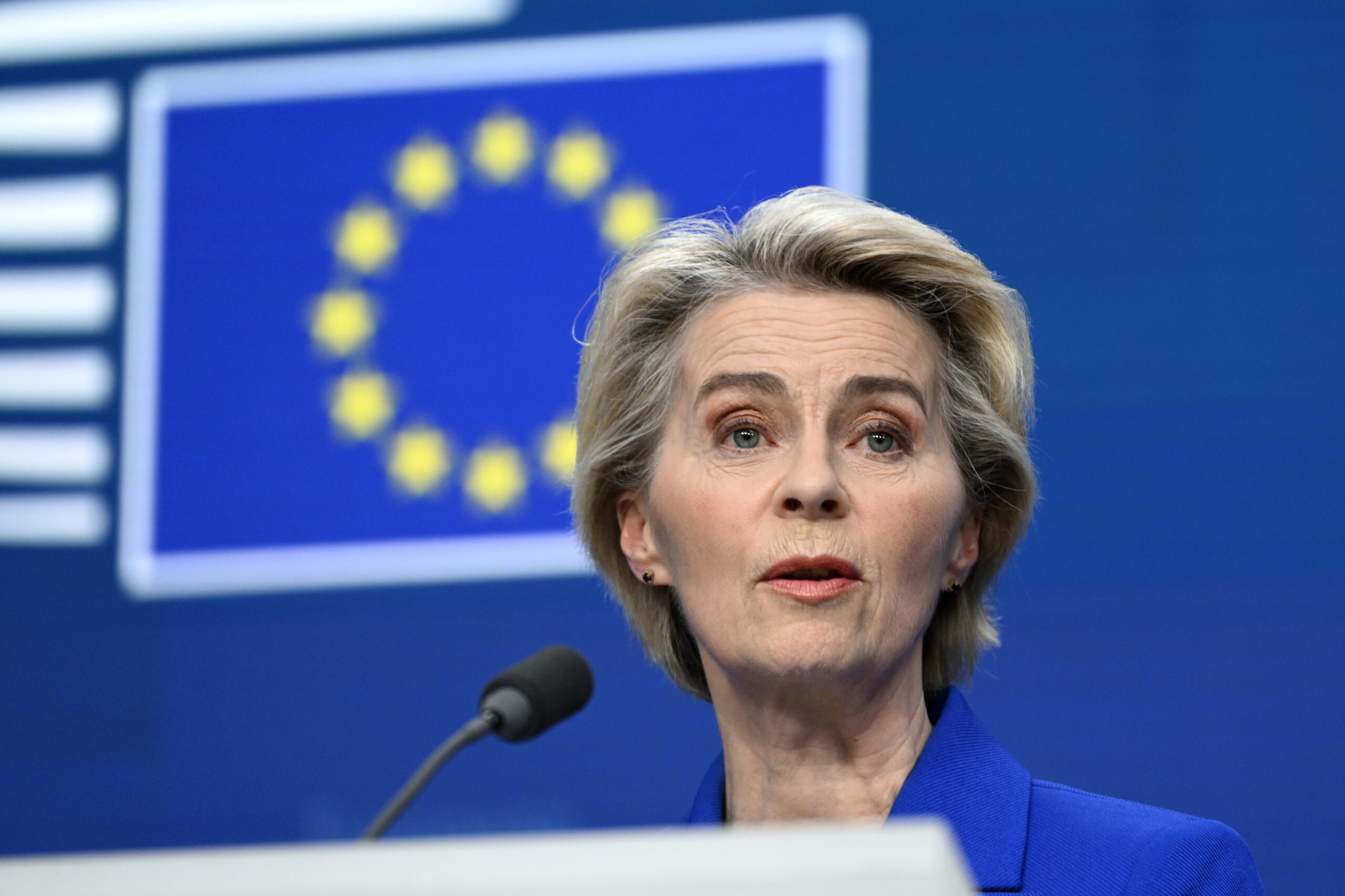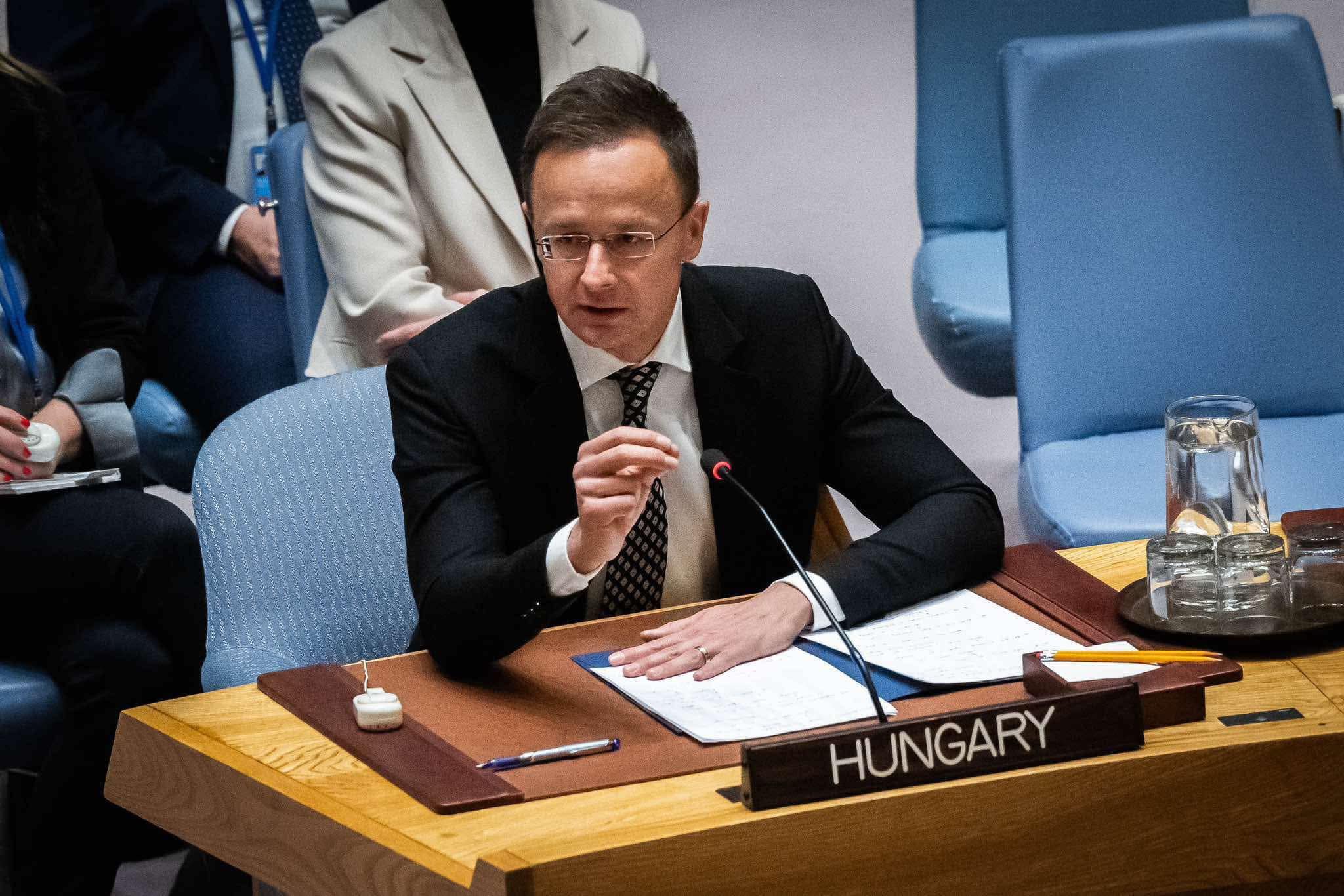
From now on, the Commission President is the last person from whom we are willing to accept any criticism about Hungary's internal affairs, he said.Continue reading

Hungary supports the new democratic pact initiated by the Secretary General of the Council of Europe, but it must address the dangers posed by interference in the internal affairs of sovereign countries, said Péter Szijjártó, Minister of Foreign Affairs and Trade, on Wednesday in Luxembourg.
At a press conference following the meeting of the Council of Europe’s foreign ministers, Mr. Szijjártó reported that democracy has been seriously weakened on the continent, but that the concept of democracy must first and foremost be clearly defined. He explained that
in Hungary, democracy means that the government is formed on the basis of election results and carries out the will of the people, but in Europe, democracy means that the liberals are in power.
“We do not accept this extremely liberal interpretation, and it is precisely this extremely liberal interpretation that is endangering European democracy,” he warned. He then stated that the new European democratic pact must respond to three threats, all of which are related to increasingly brutal interference in the internal affairs of sovereign states, which is also unacceptable.
Ilyen kérdésekkel kezdünk Európában
Posted by Szijjártó Péter on Wednesday 14 May 2025
Péter Szijjártó emphasized that one form of this is secret service operations, which are currently targeting Hungary on the part of Ukraine because our country is not supplying weapons, is pushing for peace talks, and has asked for people’s opinions on the neighboring country’s future accession to the European Union.
In addition, he said that political pressure may also be exerted, and this is clearly becoming increasingly harsh against countries where non-liberal parties win elections, such as Georgia. He also mentioned a third form of external intervention, namely financial pressure. As an example, he cited the fact that Hungary has to pay a daily fine of one million euros because it refuses to allow illegal migrants to enter the country.
So we support the development of a new democratic pact on these grounds, so that it is finally clear that democracy means the will of the people and not the victory of liberals, and so that it is finally clear that we do not accept any external interference in the internal affairs of sovereign countries,”
he emphasized. “If this is what the new democratic pact will mean, we will support it. If not, then of course we will continue to engage in vigorous debate here in the Council of Europe in the future,” he added.
The Minister pointed out that Europe is going through a difficult period, having lost its competitiveness, security, and weight in world politics as a result of misguided decisions in recent years. He believed that a series of decisions had been made that contributed to the prolongation of the war in Ukraine, while Hungary had been under constant attack for three years for arguing in favor of peace and a ceasefire, and that these attacks had come from the very people who had now adopted the same position.
He then condemned the sanctions, stating that they had failed and done more harm to Europe than to Russia, and that Brussels wanted to go even further down the path of “economic suicide” by completely banning the purchase of Russian energy sources by member states. “Three years of failure, three years of defeat, are now behind the European continent and the European Union. Three years of failure is reason enough to choose a new strategy. A new strategy that is not aimed at war, but at achieving peace, which is why Europe should support President Donald Trump’s peace efforts with all its might,” he concluded.
Via MTI, Featured photo via Facebook/Szijjártó Péter